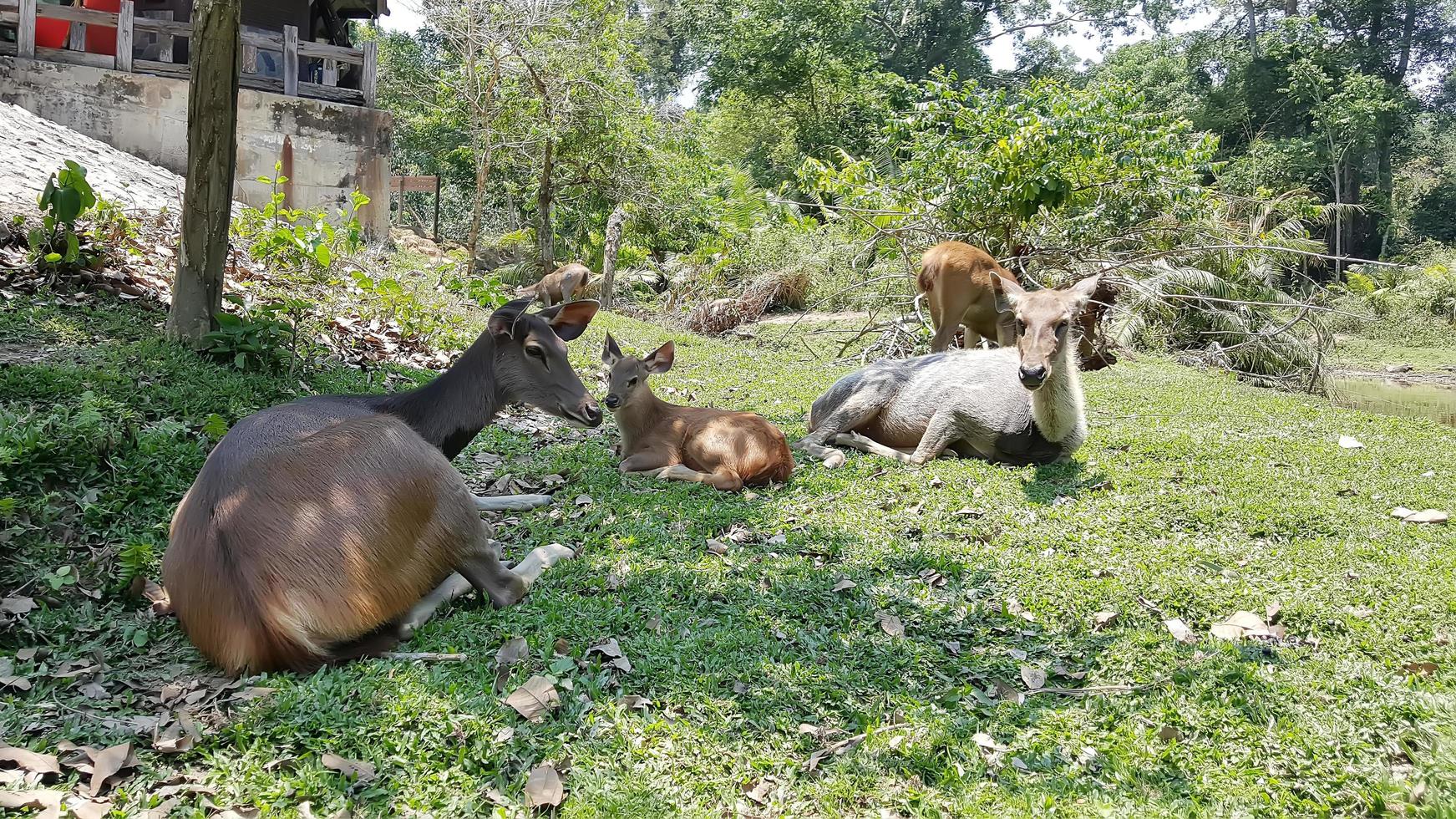

But today, dread and sadness outran reason. Most days the machine’s resistance wouldn’t bother her. Keeping her injured hand knotted in a fist, she paced the lab, breathing heavily while she waited for the pain to subside. Her lips curled in a snarl, and she hit the gene sequencer, hard. She let go and, upon examining her hand, saw a thin line of blood oozing through the skin. Her fingers slipped, and she sucked in her breath as one of the metal edges sliced her palm. Besides, the colonists who would soon be arriving on the Shakti-Uma-Sati would have newer, better models, not the budget, travel-sized one the company had stuck her with. The gene sequencer was part of a xenobiologist’s basic kit, and where she went, it went. Most of their equipment would stay on Adrasteia, the Earth-sized moon they had spent the past four months surveying. “Dammit,” she muttered, and readjusted her stance. The machine wasn’t that large, but it was heavy, and she couldn’t get a good grip on it.

Inside the compound’s cramped lab, Kira struggled to extract the gene sequencer from its alcove in the wall. Domes and tunnels and windowed enclosures, a lone place of warmth and life amid the alien environment. Around it glittered a field of stars, bright against the black of space, while beneath the giant’s lidless glare stretched a grey wasteland streaked with stone.Ī small huddle of buildings stood in the otherwise desolate expanse.

The orange gas giant, Zeus, hung low above the horizon, huge and heavy and glowing with a ruddy half-light. The gates of hell are open night and day īut to return, and view the cheerful skies,


 0 kommentar(er)
0 kommentar(er)
